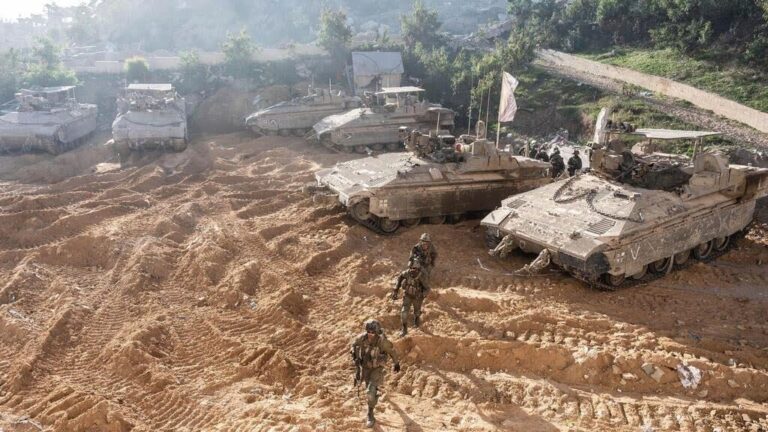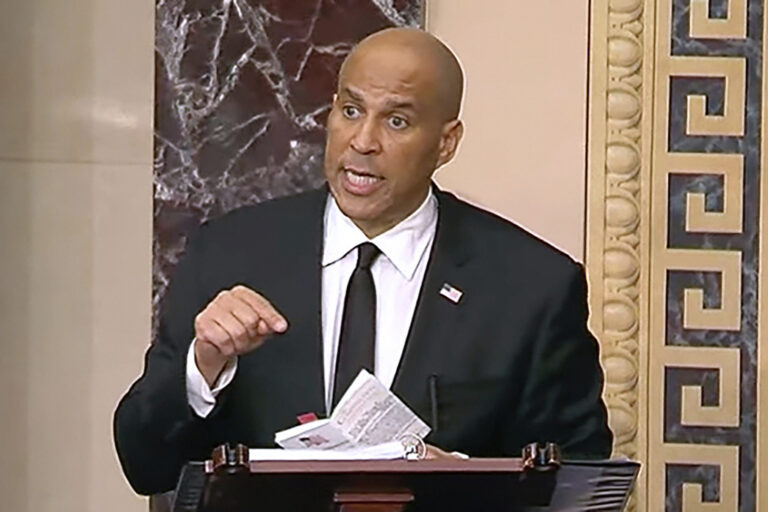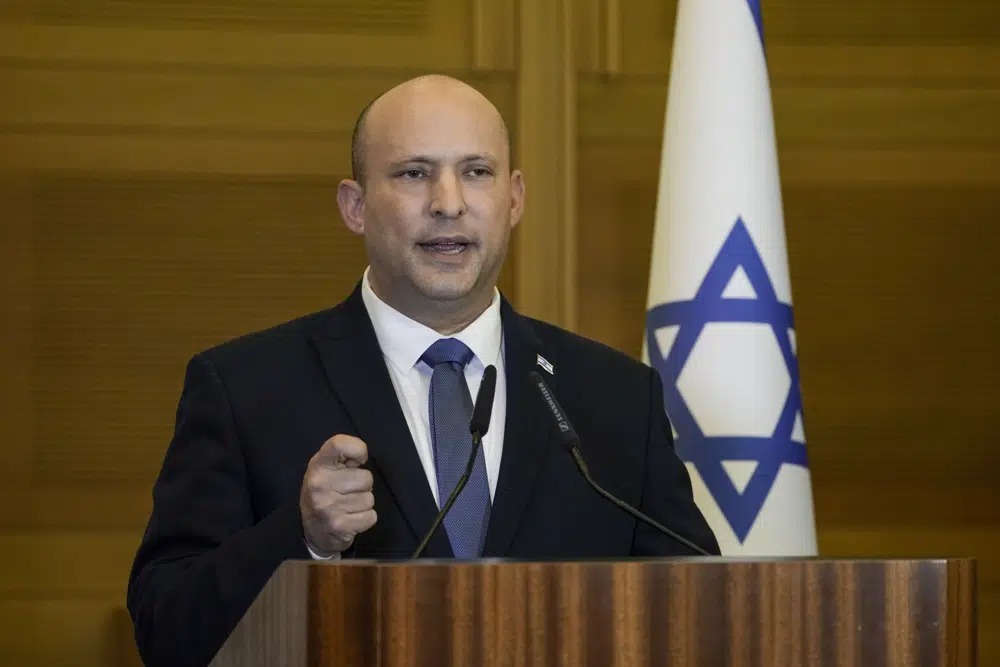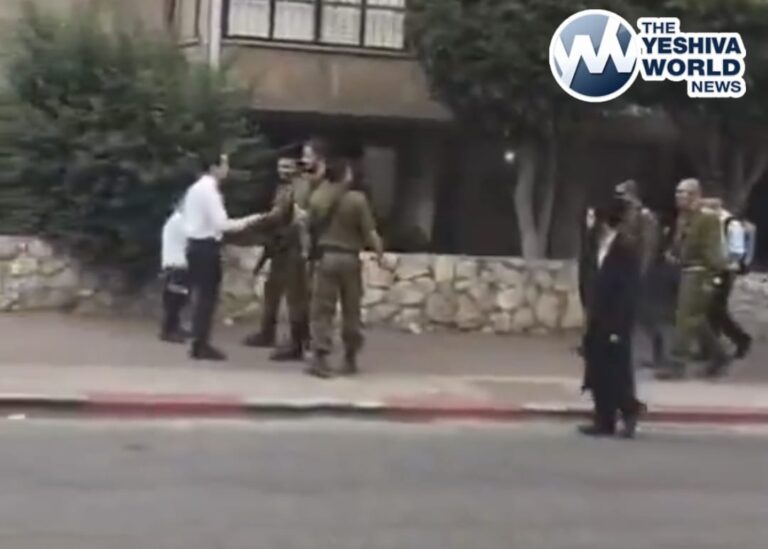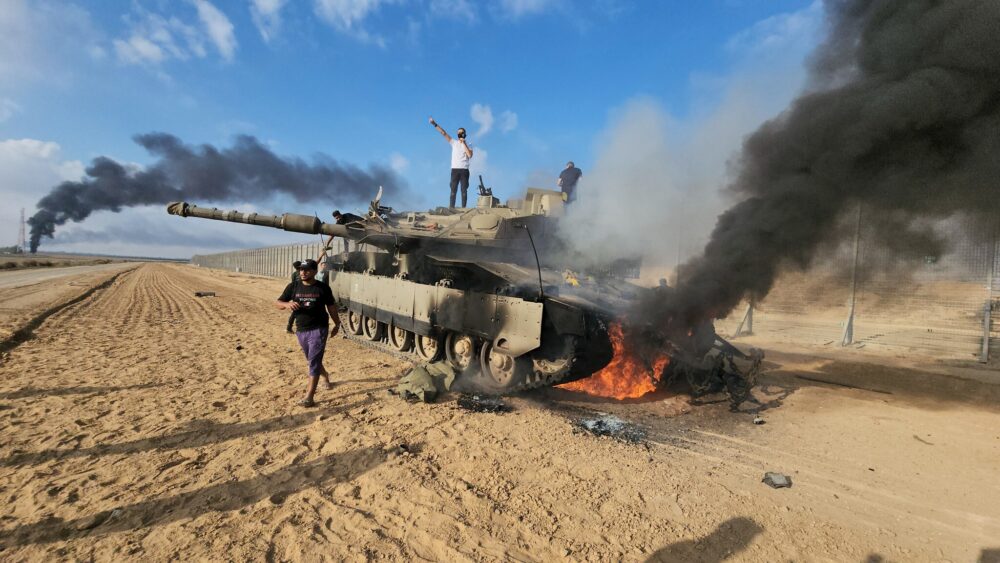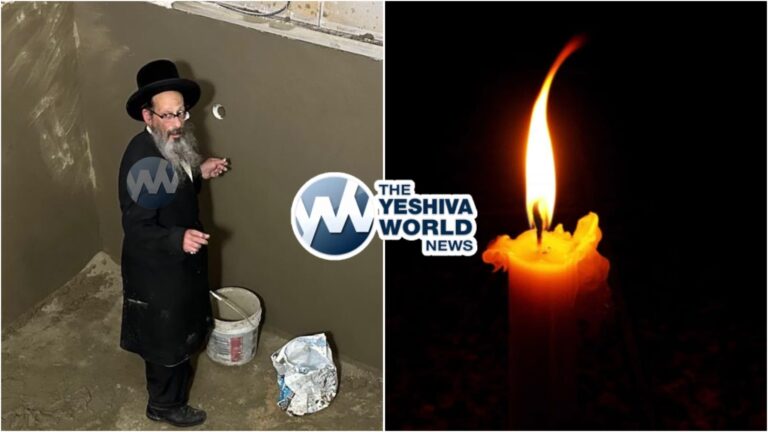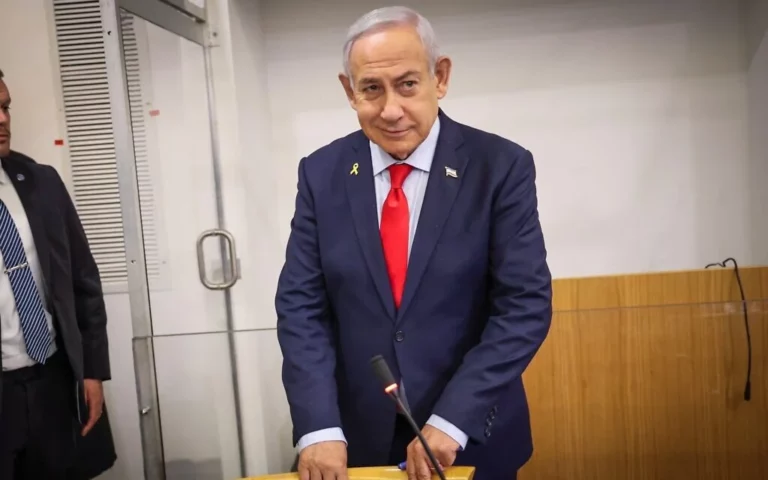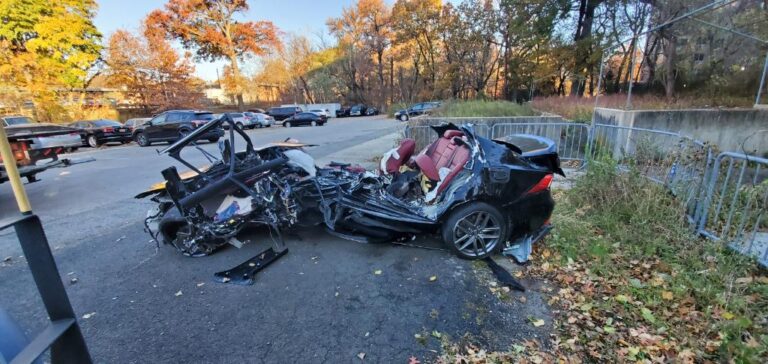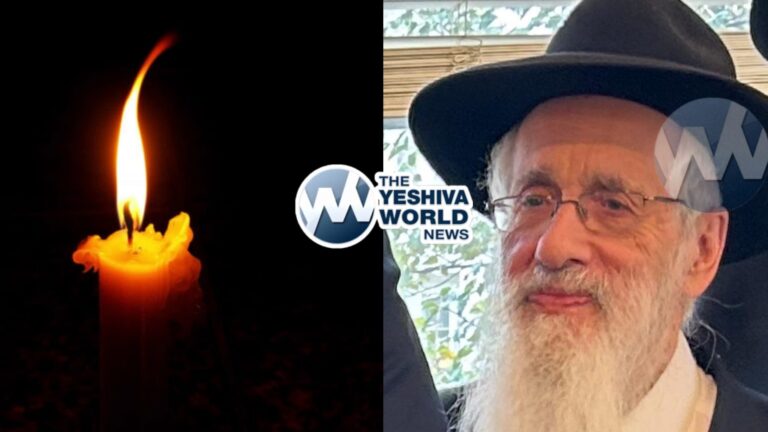President Reuven Rivlin on Sunday, April 28, 2019, hosted, for the fourth time, a meeting of ‘Zikaron BaSalon’ ahead of Yom HaZikaron (Holocaust Martyrs’ and Heroes’ Remembrance Day). This year, Beit HaNasi hosted Holocaust survivor Yosef Hershkovich who was born in Sighet in northern Transylvania. Singer and artist Benaia Barabi took part in the meeting with his songs, and afterwards participants, including representatives of youth movements and of Zikaron BaSalon, discussed Holocaust remembrance now and in the future.
‘Zikaron BaSalon’ (‘memories in the living room’) is a social initiative that began in 2001 which provides a meaningful way to mark Yom HaZikaron with family and friends in homes, and which includes testimony and discussion.
At the beginning of his remarks, the president said, “I am deeply grateful for the opportunity to host a ‘Zikaron BaSalon’ event here at Beit HaNasi for the fourth time. The Holocaust is not only a historical event or entry in the dictionary. It is, amongst other things, a tapestry of whole worlds, personal stories – each one unique. By hearing testimony, we are able to learn the story of one person, one man or woman, and by extension the collective story of the Jewish people.”
The president referred to yesterday’s hate crime in San Diego, saying, “we were shocked and grieved to hear of the shooting at Chabad of Poway, California yesterday. The murderous attack on the Jewish community during Pesach, our holiday of freedom, and just before Holocaust Memorial Day, is yet another painful reminder that anti-Semitism and hatred of Jews is still with us, everywhere. No country and no society are immune. Only through education for Holocaust remembrance and tolerance can we deal with this plague.”
The president also said, “’Zikaron BaSalon’ began as an initiative by young people. The legacy and the memory of the Holocaust are alive and living in the hearts of our young people, proving that when we ‘we will remember, and we will never forget’ we mean it. Keeping alive the flame of memory has never been more crucial. Only if we know our past will we able to face those outsiders who seek to speak in the name of the Jewish people, to appropriate our forgiveness and to question the truth.”
Yosef Hershkovich is the son of Yaakov and Bina Chaya, nee Schnitzler. The family had five children, four sons and a daughter, of whom Yosef was the oldest. On his father’s side, not a single person survived the Holocaust, while six of his mother’s siblings survived. Before the outbreak of war, the family ran a restaurant in Sighet, then in Romania. When the war broke out, Yosef was 18 years old. He heard about the war through radio and newspapers and understood that anti-Semitism was rising. Despite pogroms and other anti-Semitic acts, the Jewish community managed to continue existing.
Yosef’s testimony tells that they were not allowed to travel on trains, and so the Jews did not know if the situation was any better in other parts of Romania. “When I imagined surviving, I thought only of Eretz Yisrael. You, the younger generation, do not know what it is not to have a state. When we left the house in the morning, we did not know if we would return,” he said.
In March 1944, the Jews were moved to ghettos, and from then to concentration camps. After the selection, Yosef remained with his brother Yeshayahu Asher and their father. The rest of the family were taken to the gas chambers and murdered. After two weeks at Birkenau, Yosef and his father and brother were moved to Auschwitz. There was practically no food. In the morning, there was warm water, at midday soup and in the evening a quarter loaf of bread and margarine. Anyone who tried to steal more food would be hanged on the spot.
Later, Yosef was separated from his father and brother. Yosef was sent to Eintrachthütte, a satellite camp of Auschwitz, where he remained from May 1944 until January 1945. In 1947, Yosef immigrated to Israel and began working in the diamond industry, firstly as a polisher and then as a dealer in the Israel Diamond Exchange. Yosef has three daughters, 10 grandchildren and six great-grandchildren. This year he will celebrate his 90th birthday.
At the end of his testimony, the president said, “Yosef is a living example of the victory of hope, initiative and the human spirit over those who seek to crush it. His story reminds us never to take freedom, security and everything we have built since the establishment of the State of Israel for granted. As we listen to the stories of Holocaust survivors from the past, we must not lose sight of those who need us now,” added the president. “The welfare of Holocaust survivors must be a priority for us. Every year, unfortunately, it gets easier for us to dismiss the issue but their ability to live decent lives is a national obligation.”
Adi Altschuler, founder of ‘Zikaron BaSalon’: “Every year, the president launches the ‘Zikaron BaSalon’ events in Israel and around the world and is part of the new tradition we are creating here that has already brought together over half a million hosts and participants. Today’s event reminds us not to close our eyes to what is happening amongst us and around us, to recognize that we have the right to live in a safe and free country and to ensure it remains so. In the near future, we will confront a reality where there are no more Holocaust survivors with us. We must ensure there are other ways to preserve Holocaust memory and thus a more moral and united society. I invite you all to host and to participate in the memorial evenings that are taking place all over the country.”
(YWN Israel Desk – Jerusalem/Photo credit: Mark Neiman, GPO)


